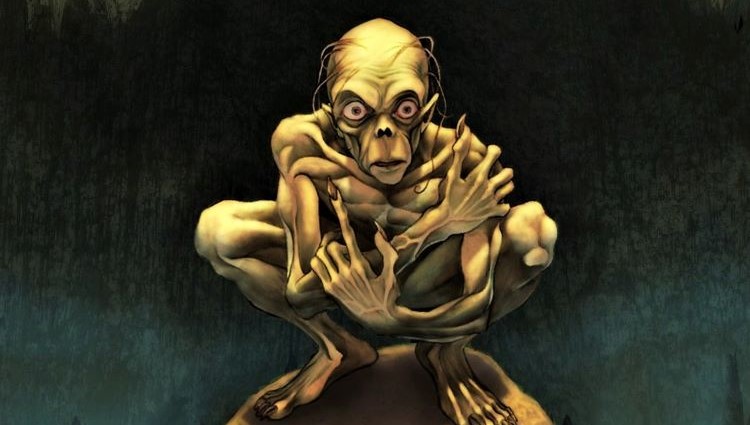- Feb 5, 2002
- 166,683
- 56,293
- Country
- United States
- Faith
- Catholic
- Marital Status
- Married
- Politics
- US-Others
Although we are halflings, we cannot remain halflings. We must either grow towards the wholeness of holiness or we must shrivel into the wreckage that Pride will make of our lives. Doing nothing is the sin of omission which leads to decay. We can either be Ring-bearers or Ring-wearers. We can either take up our cross or we can crucify ourselves.

This week, I met a good friend of mine at a local restaurant, the first time we’d got together since before the onset of the pestilence. He is a Presbyterian pastor and a great lover of the works of J.R.R. Tolkien. It was, in fact, Tolkien who had introduced us to each other, in the sense that we first met at a local Tolkien conference a few years ago.
During the course of our conversation, my friend wondered whether Tolkien had something deeper in mind when calling hobbits “halflings,” beyond the literal fact that they are about half the size of men. This set me thinking. Bilbo Baggins is not fully the hobbit he is meant to be at the beginning of The Hobbit. He is a creature of comfort addicted to the creature comforts. He needs a dose of healthy discomfort so that he can grow into a wiser and more virtuous hobbit. He needs an adventure and the suffering and self-sacrifice that an adventure demands. In truth, as we come to discover, Bilbo was suffering from the same dragon sickness as that which afflicted Smaug, only on a smaller scale (pun intended!). Smaug lives under a mountain, squatting on his treasure; Bilbo lives under a hill squatting on his own hobbit-sized treasure trove. They are both possessed by their possessions.
Something similar is happening in The Lord of the Rings, in which the power of the Ring represents something very similar to the dragon sickness. Those who possess the Ring become possessed by it. The Ring promises empowerment but delivers overpowerment, subduing the will of the wearer. The Ring can be seen to symbolize Pride, the one sin to rule them all and in the darkness bind them. If we succumb to its power and its promises, we begin to live the lie with which it overshadows us. We become slaves to our addiction to Pride and its narcissistic self-centredness. We become Pride’s prisoners, unable to escape from the confines of the ego. We cannot sacrifice ourselves for others, which means that we cannot love. In such a state of self-imposed self-isolation, we begin to shrivel into a pathetic shadow of who we are meant to be. We gollumize ourselves.
Continued below.

Are We Becoming a Nation of Gollums?
Although we are halflings, we cannot remain halflings. We must either grow towards the wholeness of holiness or we must shrivel into the wreckage that Pride will make of our lives. Doing nothing is the sin of omission which leads to decay. We can either be Ring-bearers or Ring-wearers. We can...
 theimaginativeconservative.org
theimaginativeconservative.org
